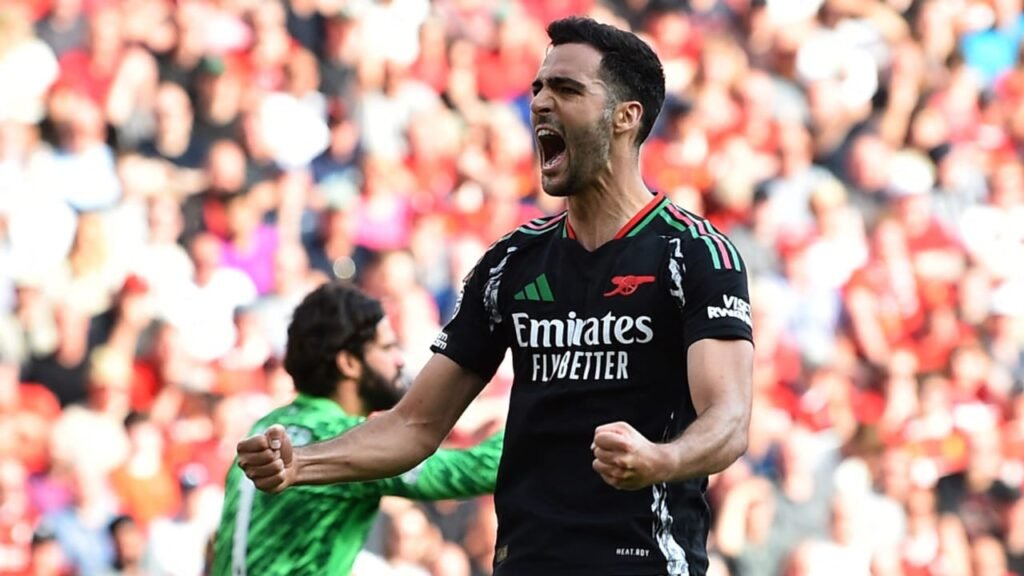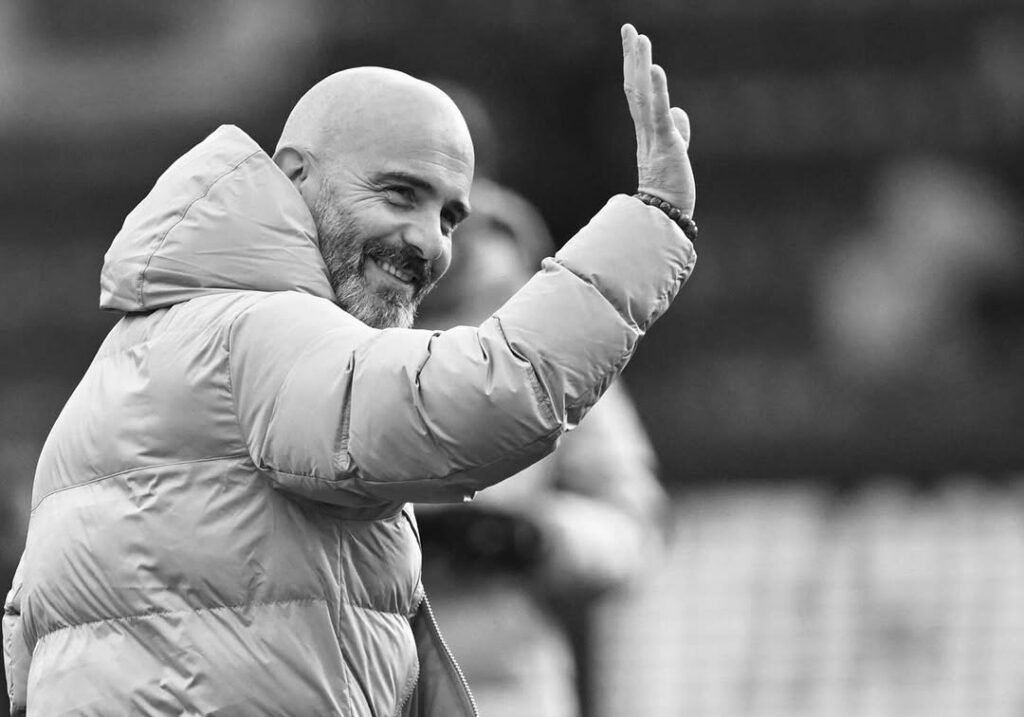
A Night to Remember at Wembley
Under the famous Wembley arch, Crystal Palace made history, lifting their first-ever major trophy with a stunning 1-0 victory over Manchester City in the 2025 FA Cup final.
But this wasn’t just a tale of one magical evening — it was the culmination of a season defined by resilience, belief, and transformation. What began in chaos and uncertainty ended in confetti and glory, with Austrian manager Oliver Glasner at the very heart of it all.
For Palace fans, the heartbreaks of 1990 and 2016 were finally avenged. For the players, it was a vindication of faith and hard work. And for Glasner, it was the moment he went from a coach under fire to a cult hero in South London.
A Season That Began in Despair
When the campaign kicked off, few could have imagined this ending. Palace went winless in their first eight Premier League matches, stumbling to their worst start since the early 1990s. Confidence was low, key players were missing, and whispers about Glasner’s future grew louder with each defeat.
The club’s hierarchy, led by chairman Steve Parish, faced a choice: stick or twist. They chose loyalty — and how richly that decision paid off.
Parish said post-match: “Oliver made us all believe. Even in our darkest moments, he never wavered, and tonight, he delivered history.”
Glasner’s Faith Never Wavered
The Austrian coach, known for his calm demeanor and meticulous planning, refused to panic. “It’s time for hugging my players, not kicking them,” he said during the darkest run.
That philosophy, rooted in trust and unity, proved transformative. Slowly but surely, Palace began to gel. New signings settled in, injured stars returned, and the team started to look more like a cohesive force rather than a collection of individuals.
Glasner’s blend of tactical discipline and man-management gave players the confidence to express themselves. By the time they walked out at Wembley, belief ran through the squad.
The Tactical Mastermind Behind the Triumph
Glasner’s tactical vision was built on balance: a solid defensive spine paired with explosive attacking threats.
The Attack: The trio of Eberechi Eze, Ismaila Sarr, and Jean-Philippe Mateta flourished under his system. Eze’s creativity, Sarr’s pace, and Mateta’s physical presence gave Palace a multidimensional edge.
The Midfield Engine: Adam Wharton emerged as the heartbeat, recycling possession and dictating tempo.
The Defense: Daniel Muñoz bombed forward from wingback, notching six goals and seven assists in the league — the highest attacking return of any defender this season. Behind him, the back three of Chris Richards, Maxence Lacroix, and Marc Guehi formed a wall that even City struggled to break.
Even when Guehi was forced off injured at Wembley, Palace held firm, showing the kind of collective resolve that defines cup champions.
From Transition to Triumph
Palace’s poor start had context. Stars like Eze, Guehi, Wharton, and Henderson returned late from international duty. Michael Olise’s departure to Bayern Munich left a creative void. And fresh faces like Lacroix and Eddie Nketiah needed time to adapt.
Glasner never abandoned his plan. He accepted the teething pains, trusted his methods, and doubled down on building chemistry. By spring, Palace had momentum — and in the FA Cup, they were irresistible.
Wembley Heroes: Eze and Henderson
One Shot. One Goal. One Moment.
The final was decided in the 16th minute. Palace’s first shot of the game, their first touch in City’s box, and Eberechi Eze delivered magic. A blistering counterattack ended with the 25-year-old curling home what would become the match-winner.
For Eze, it was a crowning moment in a campaign where he carried Palace through multiple cup rounds, scoring crucial goals against Fulham and Aston Villa. At Wembley, he etched his name into club folklore.
Henderson’s Redemption Arc
At the other end, Dean Henderson delivered the performance of his life. He denied Haaland, Doku, and Gvardiol with reflex saves that grew more heroic as the minutes ticked away.
One controversial moment — a suspected handball outside the box — was waved away by VAR, much to Guardiola’s fury. But nothing could overshadow his dominance. Palace fans serenaded him with chants of “England’s Number One” as the clock wound down.
It was redemption for a goalkeeper whose career has had setbacks, but who rose to the occasion on the biggest stage. With England manager Thomas Tuchel watching from the stands, Henderson’s international hopes suddenly look very bright.
Decades of Heartbreak Erased
For Palace supporters, this was a moment generations had dreamed of. The scars of losing the 1990 and 2016 FA Cup finals were finally healed.
When referee Michael Oliver blew the whistle after 10 nerve-shredding minutes of stoppage time, “Glad All Over” rang out as red-and-blue confetti filled the air.
Glasner, who joked that his only previous visits to Wembley were as a fan or “dropping his daughter at a Taylor Swift concert,” now stood on its turf as a legend. His team had completed one of English football’s greatest underdog stories.
Final Score and Legacy
Crystal Palace 1–0 Manchester City
Goalscorer: Eberechi Eze (16’)
Man of the Match: Dean Henderson
This wasn’t just a cup win. It was a statement — that Crystal Palace, once written off as relegation fodder, could dream bigger.
Glasner’s Eagles have truly landed. 🦅🏆




